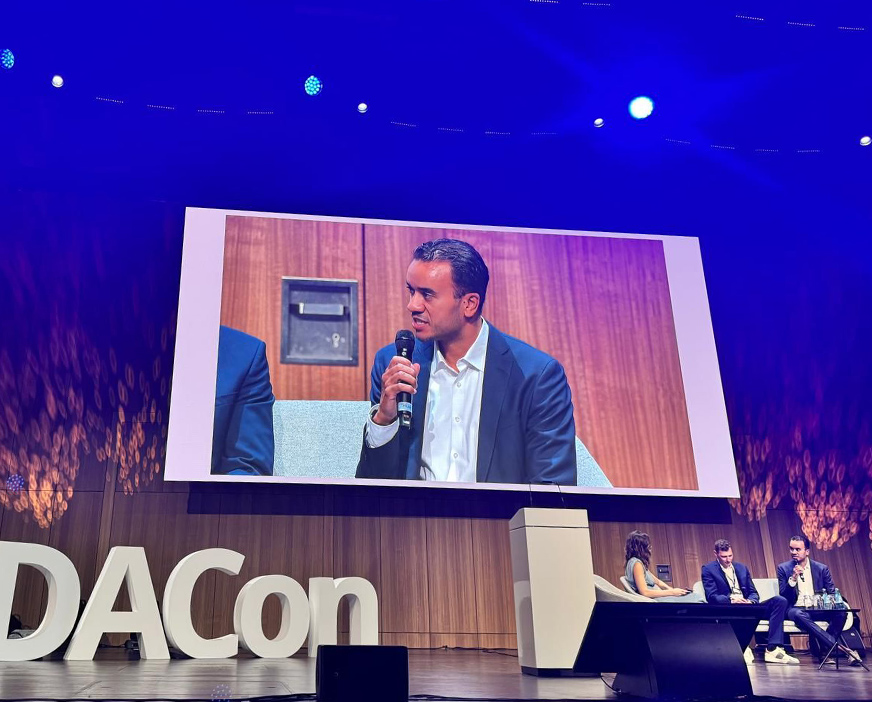What is Chia Farming?
What if there were resource-efficient alternatives to the currently popular IT solutions? This would open doors to more sustainable operations. Among the technologies currently on everyone’s lips is undoubtedly blockchain. It is often based on so-called mining, which is very computationally intensive and relies on special and expensive hardware components with high energy consumption.
“In contrast, Chia farming presents itself as a more ecological new blockchain technology. Instead of performance-intensive CPU or GPU calculations, it primarily uses hard drive storage as a validation mechanism for blockchain transactions,” says Jerome Evans, founder and managing director of firstcolo GmbH, about the green alternative. “Furthermore, Chia farming stands out because any free hard drive storage can become a node in the network – which in turn leads to significantly stronger decentralization. Chia is the most prominent new cryptocurrency that takes advantage of farming.”
Blockchain Technology Consumes a Lot of Energy
Bitcoin has now established itself as probably the best-known cryptocurrency. In the context of mining (in German, Schürfen), new blocks and transactions are generated and validated using the proof-of-work mechanism. Miners solve increasingly complex computational tasks, so-called block challenges, using computing power. “The consequence: With each mined Bitcoin, the energy demand increases. Combined with the effort for the multitude of transactions, energy costs are reaching unimagined heights,” outlines blockchain expert Evans. The consumption of Bitcoin miners is over 100 terawatt hours annually. This means the consumption is over a hundred times higher than that of Chia.
The new cryptocurrency works differently from Bitcoin. It relies on the previously described storage space instead of computing power – the concept is called Proof of Space. “This gives everyone the opportunity to obtain digital coins who expands Chia’s storage network with free capacities. These are then used to create new storage plots. In plain language, this means that anyone who provides storage shares in Chia’s success,” adds the firstcolo managing director. Due to this characteristic, Chia is often referred to as a democratic alternative to Bitcoin. But what does reality look like?
Chia Farming Requires a Lot of Storage - or Patience
Indeed, providing storage space allows everyone to receive Chia in return. However, the rule is: The fewer terabytes interested parties can contribute, the longer they have to wait on average for their yield. With just one terabyte of storage space, the average waiting time can quickly reach a double-digit number of years. “That’s why the term ‘democratic’ is a bit misleading, because not everyone has the same opportunities. Large crypto farms provide gigantic amounts of storage space and thus obtain the cryptocurrency. This extends the average waiting period for the remaining interested parties,” explains Evans.
“However, even without high investment, smaller farmers can join a so-called pool. Here, each member receives a secure payout based on the size of the storage space provided. Due to the necessary storage as a countervalue, hard drives play a major role. These are much cheaper than high-performance processors and thus interesting for more end users. In the future, Chia will therefore gain in relevance,” Evans continues. Since the systems used also require far less electricity than those for mining conventional cryptocurrencies, they cause less overall costs. Thus, they can be described as more ecological in a certain way.







